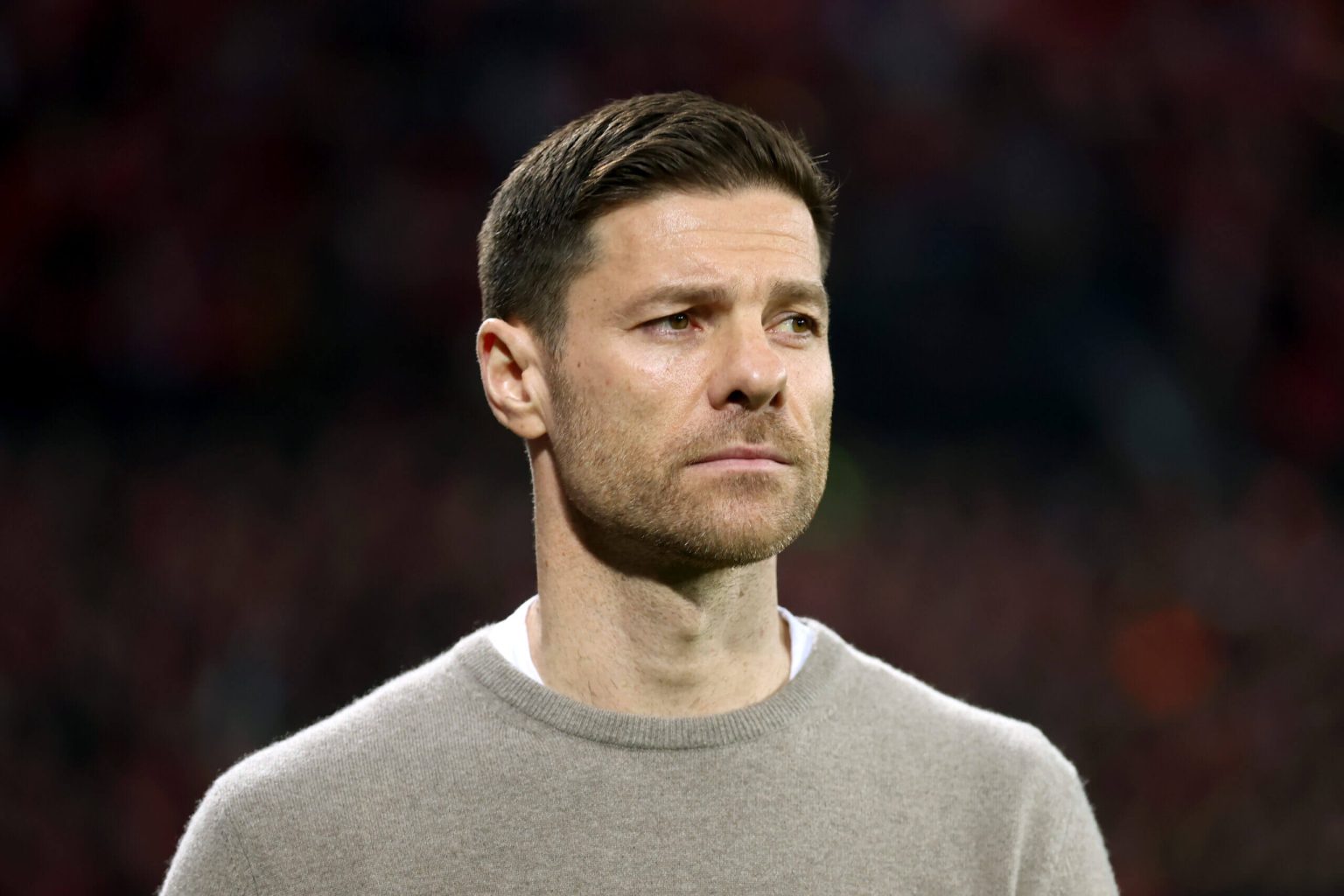Andre Villas-Boas, known for his impressive hair, was signed by Chelsea in 2011 for a record fee. However, he was sacked by March, highlighting the uncertainty of predicting a manager’s success. Various other managers signed for large fees have also failed to live up to expectations in recent years. Determining what makes a manager good is a complex question, with few strong predictors identified by sports consultancy experts.
Using player quality as a proxy for success, it was found that around 80% of team success over the last seven seasons in Europe’s top leagues can be explained by player quality. However, the remaining 20% leaves room for variation and outliers in performance. Coaches who can elevate mid-budget squads or those who fail to deliver results can be identified by looking at their performance over squad value. This season’s top teams for adjusted goal difference over expected highlight successful managers in the game.
While there are promising indicators for identifying top managers, there is a lack of stability in predicting a manager’s future success based on past performance alone. The hiring of managers like Graham Potter and Roberto De Zerbi has showcased the unpredictability of success in new roles. Smart clubs, like Brighton, carefully match a coach’s tactics to their existing squad to ensure a smooth transition and avoid costly player turnover.
Clubs often struggle to define the playing style they are seeking in a manager, leading to potential mismatches between tactical approach and club philosophy. Hiring a manager who can not only deliver results but also align with the existing squad’s style is crucial for long-term success. The key to hiring the right coach lies in finding a match in playing style rather than purely seeking success. Identifying managers who have exceeded expectations is one step, but ensuring they are the right fit for the club is essential for sustained success.


